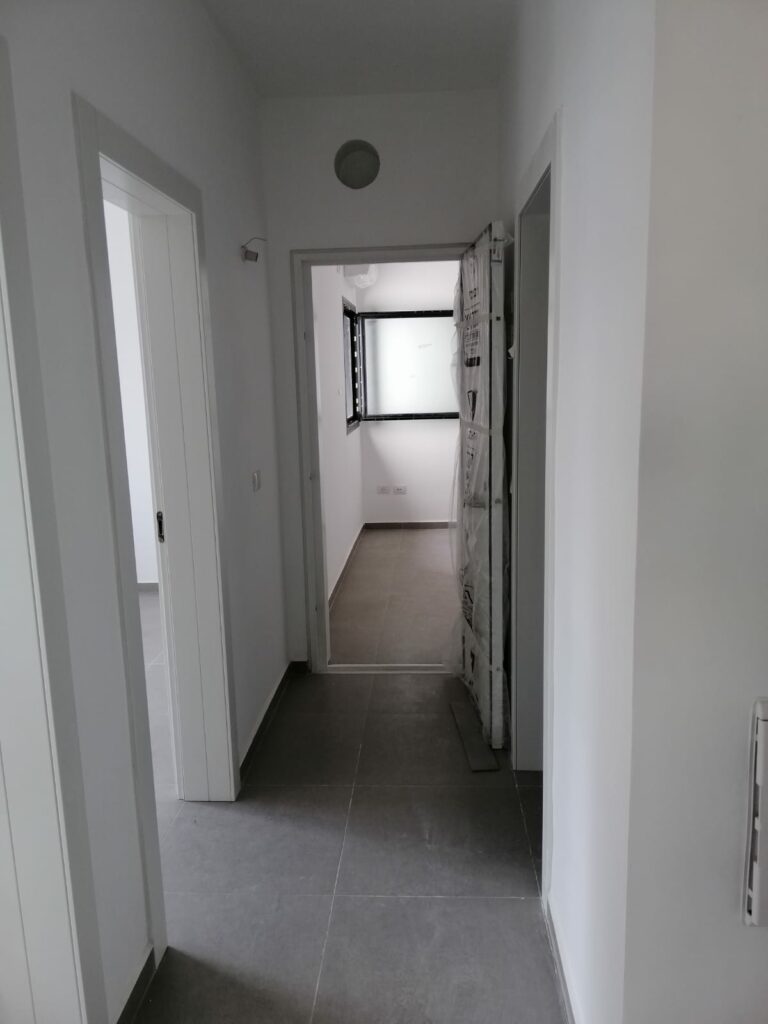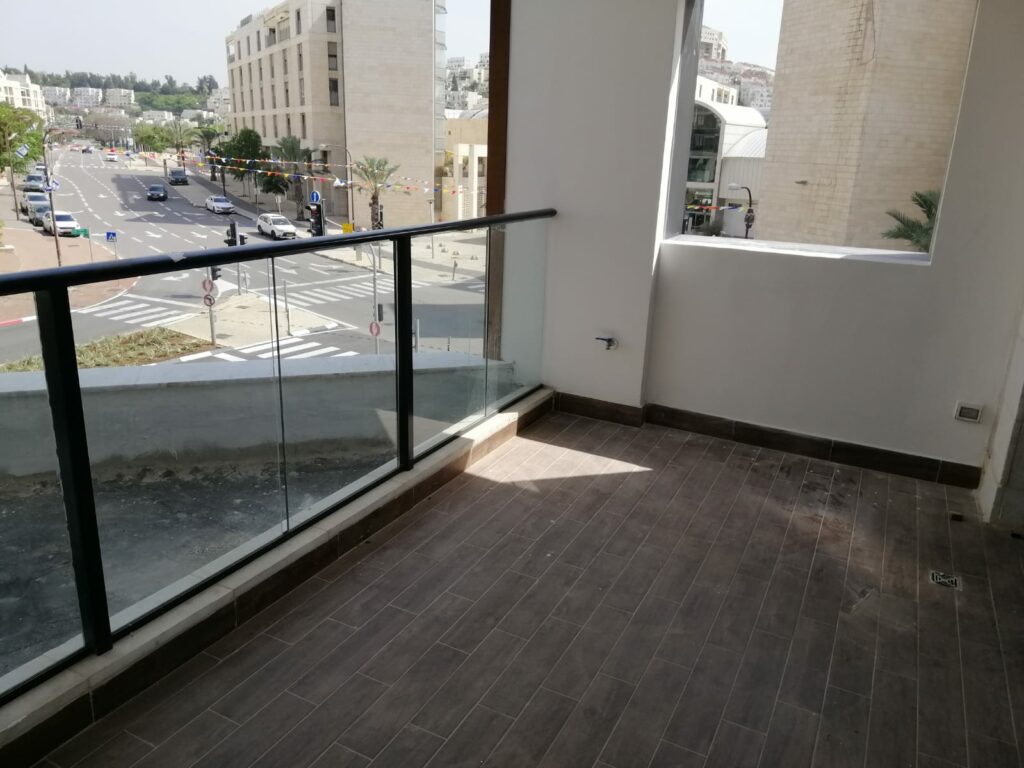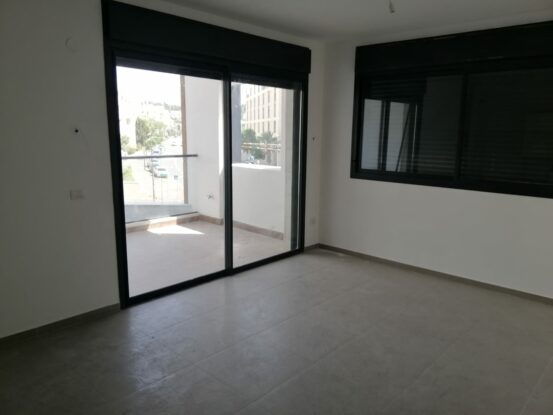According to recently drawn up regulations, in order to hand over a new apartment from a contractor to a buyer, electricity and water connections must be approved by local authorities and an occupancy permit should be granted. At the time of the transfer, both the contractor and the buyer, or their representatives, must be present in the apartment, although it is possible to change this with the agreement of both parties. Until this time, no legislation or formal guidelines existed for these proceedings.
Last week, Minister of Housing and Construction, Yaakov Litzman, signed new regulations determining the official conditions for completing the construction of a new home in Israel and transferring ownership to the buyer. This is the first time that such criteria have been established within the framework of Israeli law, which until now, stipulated only that a registered engineer must confirm that the construction of the apartment has been completed – but did not elaborate further. The regulations will come into effect in about a month.
The new regulations for Israel real estate include three conditions, and only when all of them have been fulfilled can a new apartment be considered complete and ready for transferral to the buyer:
- The local authority must issue a certificate of completion (teudat gemer) or an occupancy permit (ishur ichlus), at least one of the two, for either the new apartment or the building in which it is located.
- The electricity infrastructure in the new apartment must be complete and ready to be connected to the providing source, Israel Electric Corporation (IEC). The contractor must receive official approval from IEC or the local authority.
- The new apartment must be hooked up to the water infrastructure and get approval from the municipal water corporation or the local authority.

While all three conditions are already customary in the handover protocol for new apartments, up until this point, there were no legal requirements. Ministry of Housing officials explained that the new regulations were enacted due to a high volume of complaints from buyers who received apartments without water or electricity hookups. From now on, contractors will no longer be able to transfer a new apartment to a buyer without first meeting all of these conditions.
In terms of the actual handover of the apartment, the regulations stipulate that, “The seller will transfer possession of the apartment when the seller and the buyer or their representatives are together in the apartment, unless otherwise stipulated in a contract between them.” That is, unless otherwise agreed upon by both parties, the official transfer will take place in the apartment itself in the presence of both parties, or their representatives.
However, the regulations grant the parties the right to form a new agreement regarding the way in which the new apartment is transferred, depending on the specific circumstances of those involved. For example, if the buyer does not live in Israel, the buyer can appear live on Zoom when the keys are handed over from the contractor to their attorney or sent via mail. Whatever the terms, they must be pre agreed upon by both parties in an official contract.

It is important to note that these new regulations only apply when transferring a brand new home in Israel from a contractor to a buyer, they do not apply to a second-hand sale.
“The new regulations guarantee a degree of certainty in the procedures of completing construction and handing over a new apartment to the buyer that were seriously lacking until now,” explained Yair Pines, Director General of the Ministry of Housing and Construction. “Regulations establish new market practices, which were not mentioned in legislation up until this point. Beyond granting both parties certainty in this process, the new regulations are especially important for the minority of cases when the transfer of the apartment becomes a cause for legal conflict.”


